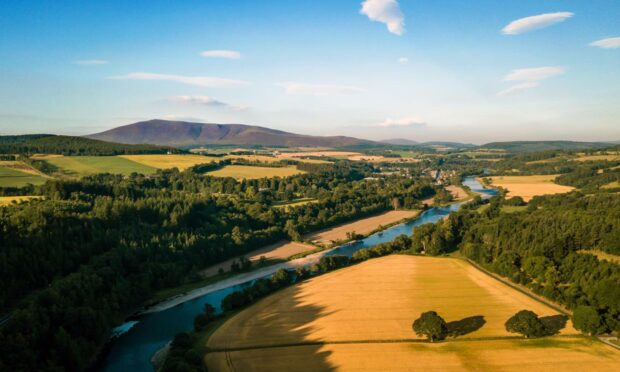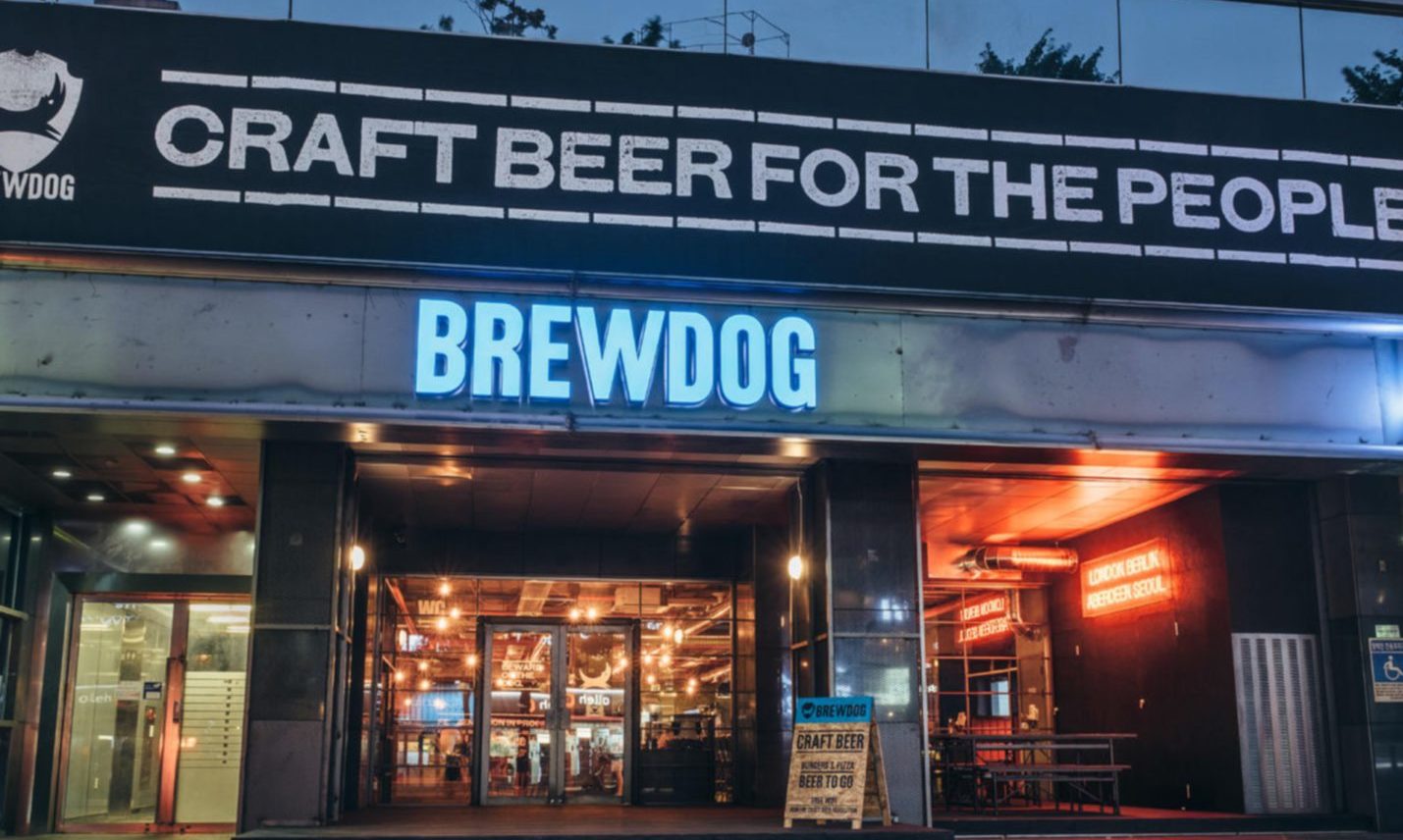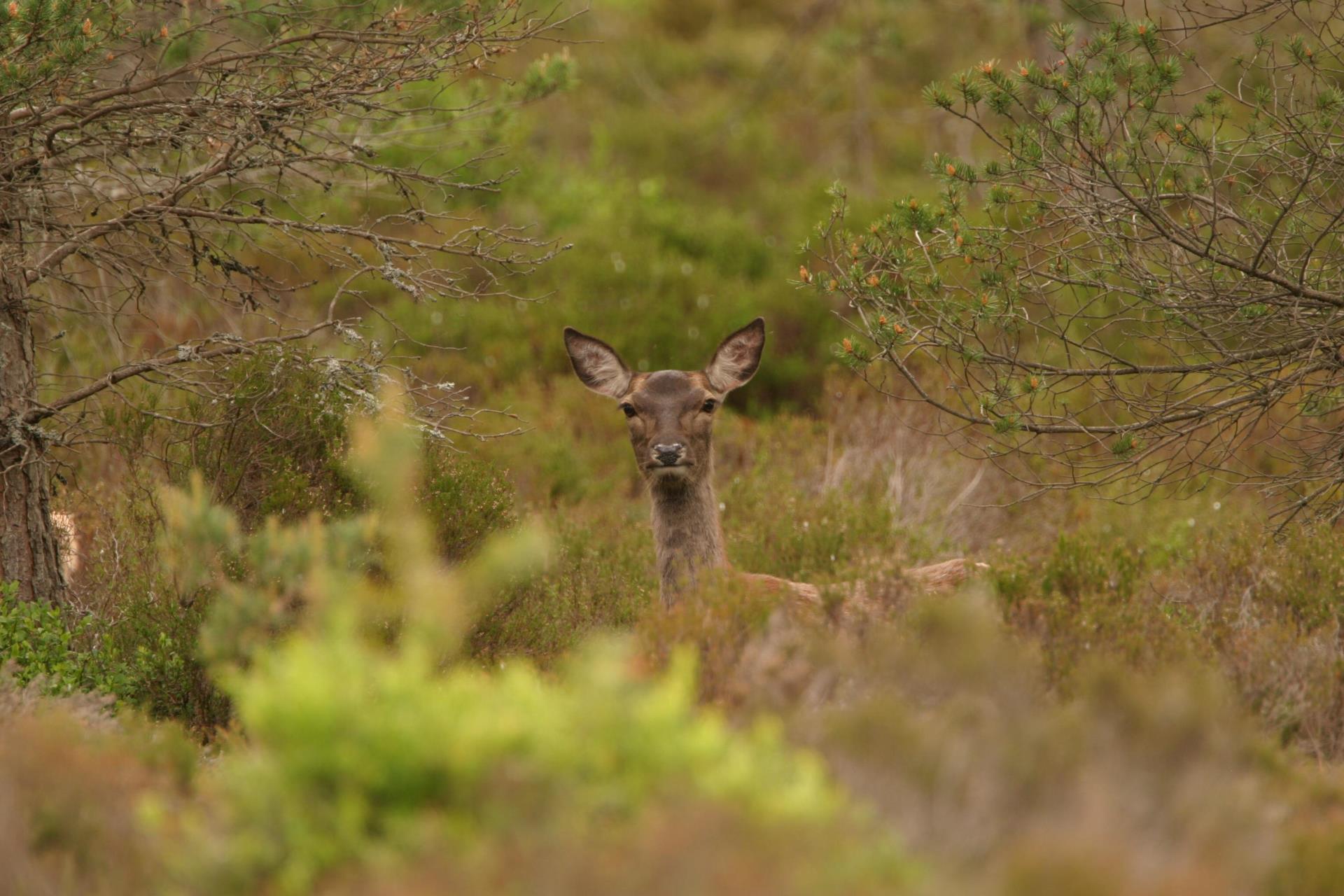The question of how we should and should not use land is an enduring point of contention for many Scots.
It is an emotive and sensitive subject. Events of the 18th and 19th centuries still resonate, particularly in our rural communities.
Back then it was commercialism that drove sweeping change. Subsistence models of agriculture were pushed out, along with the people of the land, to make way for sheep farming on a vast scale.
This was the age of the Highland Clearances – a dark time that vexes Scottish society to this day.
Today there is a new agent of change. Against the backdrop of the climate and biodiversity emergencies, a green revolution is gathering pace.
Green aspirations are legitimate but could be catastrophic
The goal? Carbon sequestration, through a combination of planting trees and restoring peatlands. Linked to this is a return to naturalness – a rewilded nation – in which the human footprint is substantially reduced in favour of once-native species.
These aspirations are perfectly legitimate, but they could be catastrophic for our depleted rural communities and treasured wildlife if pursed in the wrong way.
Indeed, recent news coming out of Kinrara Estate in Speyside is perhaps a sign of things to come.
The new owners of the estate, BrewDog, are planning to plant a “lost forest”, which they say will be capable of sequestering one million tonnes of carbon dioxide. But it was reported that they had also been laying off gamekeepers and selling their homes, their services seemingly no longer required.
If true, this can only be considered as a staggering display of insensitivity, not to mention an abject failure to recognise how such a move might be construed by the local community. It is a sobering reminder of the power imbalance that favours the new owners.
Landowners must consider communities
Anyone who knows a gamekeeper will be aware of just how skilled they are when it comes to wildlife management. There is no greater fountain of local knowledge, and it is perplexing that they do not seem to have been offered the chance to contribute to the deer and vermin control that will be essential if a healthy, balanced “lost forest” is to be maintained.
Landowners have a moral duty to navigate substantial land use changes in a responsible, sustainable way. Evicting tenants who have lived on and worked the land for years is categorically not the way to go about it.
Green agendas are already developing a poor reputation for ignoring the needs of people and communities, and incidents like this do nothing to absolve them of that characterisation.
Surely it would be more appropriate to try and harness the skills of the legacy workforce instead of dismissing them out of sight? They have considerable value to add and should absolutely be included in the pursuit of an alternative vision.
‘Green lairds’ pose a serious threat
The disposition of Scotland’s land market means that it is highly likely that the green revolution will continue to produce more “green lairds” in years to come, and the urgency associated with the climate and biodiversity emergencies means that these lairds are likely to pursue land use change quickly.
Whether it be gamekeepers, farmers, gardeners or domestic staff, we ought to stand up and reject the ostracisation of rural folk in the name of green agendas
This poses a serious threat. There will undoubtedly be a temptation to simply plough on at speed for the perceived good of the planet, or for the kudos you might earn for pursuing something stereotypically “green”. Meanwhile, locals will be pushed out of the equation, despite their own tangible efforts to confront the climate and biodiversity emergencies.
If what has taken place at Kinrara is true, one could argue that this process has already started – a tragedy for the rural worker of the modern day.
We must learn from lessons of the past
The prospect of clearances wilfully taking place under a new guise – despite their historical significance and the suffering they caused – is a disgrace. How is it we have not learned from the lessons of the past?
Whether it be gamekeepers, farmers, gardeners or domestic staff, we ought to stand up and reject the ostracisation of rural folk in the name of green agendas. We should seek to include and collaborate; not expel and dismiss.
Failure to do so risks a new age of clearance with a distinctively green tinge that could decimate rural communities across Scotland.
Ross Ewing is the public affairs manager for the British Association for Shooting and Conservation (BASC) in Scotland



